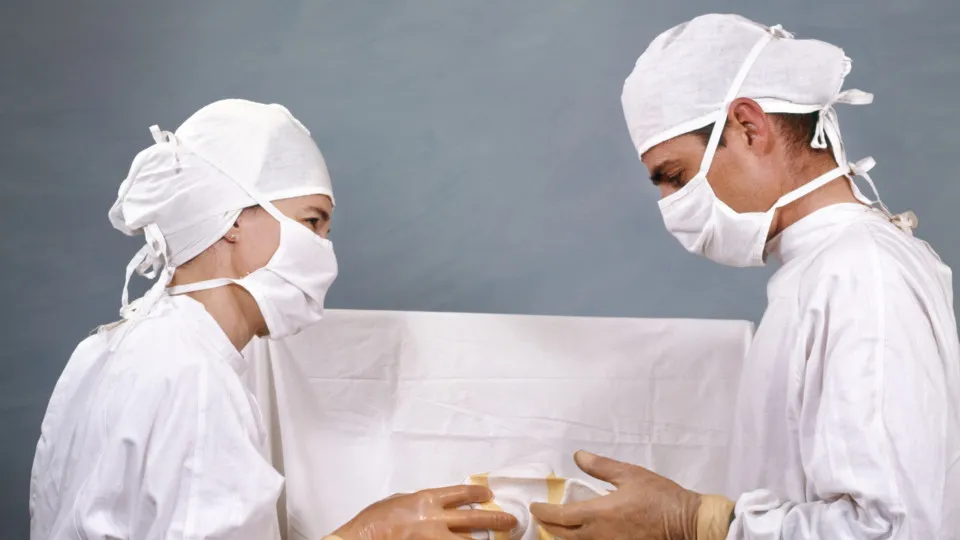Advances in medicine
have allowed us to live longer and better
lives. But the human body is very complex and the scientific community is constantly learning new things about it. Some of these facts are absolutely extraordinary.
Click through and get to know some weird and wonderful medical facts.



